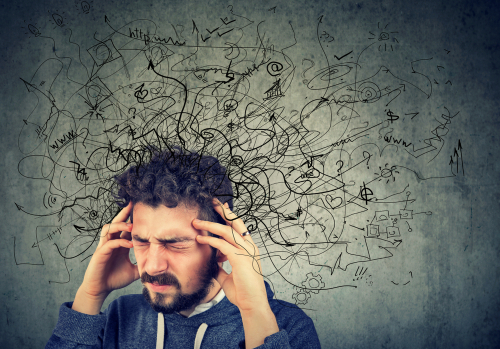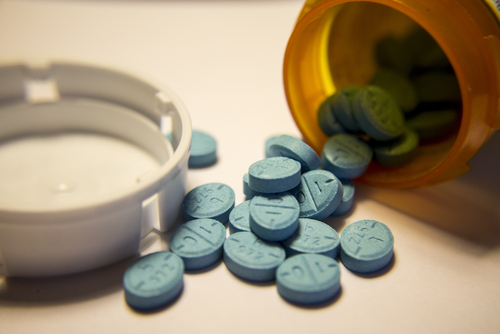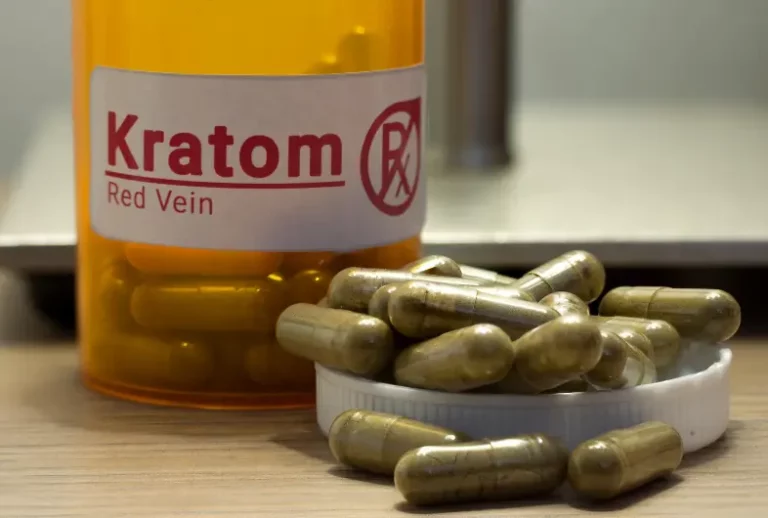Both Ritalin and Adderall are prescription medications used to treat attention deficit/hyperactivity disorder (ADHD). Studies have shown that, overall, Adderall has a higher rate of efficacy using lower doses. But what is the difference between Ritalin and Adderall? Regardless of their utility for practical medical purposes, both medications are commonly abused and have high rates of addiction. They are also considered gateway drugs to the use of meth and other illicit substances.
In this blog, we will look at the different types of ADHD medications, the side effects of Ritalin and Adderall, the difference between Ritalin and Adderall, and the signs of ADHD medication abuse.
ADHD Medications
In order to understand the difference between Ritalin and Adderall, it’s important to first understand their uses as a medication for ADHD. ADHD (attention deficit hyperactivity disorder) medications are a type of medication that is commonly prescribed to individuals with ADHD, a neurodevelopmental disorder characterized by symptoms such as inattention, hyperactivity, and impulsivity. ADHD medications are designed to help manage these symptoms and improve the daily functioning and quality of life of individuals with ADHD. There are two main types of medications used for ADHD: stimulants and non-stimulants.
Stimulants
Stimulant medications are the most commonly prescribed and widely used medications for ADHD. They work by increasing the levels of certain neurotransmitters in the brain, such as dopamine and norepinephrine, which regulate attention, impulse control, and behavior. Examples of stimulant medications used for ADHD include methylphenidate (e.g., Ritalin, Concerta) and amphetamine (e.g., Adderall, Vyvanse). Stimulant medications are typically available in short-acting and long-acting formulations, and they may be taken orally or applied as a patch. In this blog, we will focus on using Ritalin and Adderall.
Non-Stimulants
Non-stimulant medications are an alternative option for individuals who cannot tolerate or respond well to stimulant medications. These medications target different neurotransmitters or mechanisms in the brain compared to stimulants. Examples of non-stimulant medications used for ADHD include atomoxetine (Strattera), guanfacine (Intuniv), and clonidine (Kapvay). Non-stimulant medications may be preferred in certain situations, such as for individuals with a history of substance abuse or cardiovascular concerns.
It’s important to note that while ADHD medications can effectively manage the symptoms of ADHD, they are not a cure for the disorder. They are typically part of a comprehensive treatment plan that may include behavioral therapy, environmental modifications, and educational interventions. Additionally, like any medication, ADHD medications can have side effects, varying depending on the drug, dosage, and individual response.

The Difference Between Ritalin and Adderall: Side Effects to Consider
Both Ritalin and Adderall can speed up your brain function. The release of chemicals in your brain puts you in an elevated mood. This can have temporary positive benefits, but the withdrawal feelings, often described as a “crash,” can be highly unpleasant. Those who abuse stimulants often use so-called “downers” like benzodiazepines, designed as anti-anxiety medication, to reduce the negative feelings of withdrawal. The combination of drugs in your body increases the risk of side effects.
Common side effects associated with misusing both Ritalin and Adderall can include the following:
- Loss of appetite
- Difficulty sleeping
- Increased anxiety
- Increased heart rate
- High blood pressure
- Irritability
- Chronic headaches
- Suicidal ideation
Ritalin Side Effects
Ritalin, also known as methylphenidate, is a central nervous system stimulant commonly prescribed to treat attention deficit hyperactivity disorder (ADHD) in children and adults. While Ritalin can be effective in managing the symptoms of ADHD, like any medication, it can also have some severe side effects. Here are some potential side effects of using Ritalin:
- Decreased appetite
- Insomnia
- Nausea
- Increased aggression
- Shortness of breath
- Slowed growth rate
- Allergic reactions
- Seizures
Adderall Side Effects
Adderall is a commonly prescribed medication for treating attention deficit hyperactivity disorder (ADHD), classified as a central nervous system (CNS) stimulant. While Adderall can be effective in managing the symptoms of ADHD, it can also cause specific side effects. Here are some common side effects of Adderall:
- Weight loss
- Increased heart rate and blood pressure
- Increased anxiety
- Dry mouth
- Nausea
- Headaches
- Allergic reactions
- Raynauds’ phenomenon

What is the Difference Between Ritalin and Adderall?
Ritalin has a shorter half-life than Adderall. The effects of Ritalin are typically two to three hours. Adderall has an extended-release and, therefore, remains in the body longer and slowly breaks down over the course of a day. Medications with a shorter half-life are, in some instances, considered riskier when it comes to the potential for abuse. Relatedly, this is why the benzodiazepine Klonopin is more heavily prescribed than Xanax. The relatively short half-life of Xanax can cause unintended addiction.
On the other hand, some are prescribed Ritalin specifically because it has a short-lived impact. When used as prescribed, this allows individuals to manage the drug’s side effects more readily. It can also have less of an impact on eating and sleep.
When it comes down to it, there’s very little difference between Ritalin and Adderall in relation to addiction. Adderall has slightly more overlap with side effects when combined with other medications. Both medications have high potential for abuse as there is a temptation to increase doses with the desire for better results. This is a slippery slope that can easily lead to addiction.
Signs of Ritalin or Adderall Abuse
If someone has started to abuse their prescription to stimulant medications like Ritalin or Adderall you will begin to see signs of mood and behavioral changes. Early signs may include difficulty focusing, or general irritability, restlessness, and agitation.
You may notice a change in priorities, lack of interest in hobbies or activities that used to bring joy. Those with substance abuse often lie to hide their habit or become secretive about the motivations for their actions or behaviors.
After abusing pills for a longer period of time, people are more likely to display changes in their personalities. They may become challenging to be around or choose to be more isolated. As the cycle of abuse continues, those with addiction often damage personal relationships with friends and loved ones.
Early intervention is always ideal. That way, you can avoid the negative results of long-term drug abuse before someone you care about faces the painful consequences of prolonged addiction.

Knoxville Recovery Center Can Help
Now that you understand the difference between Ritalin and Adderall, you can more fully understand the addictive nature of these two medications. If you or a loved one is struggling with an addiction to stimulants like Ritalin, Adderall, or other prescription medications, we encourage you to contact the professionals at Knoxville Recovery Center in Tennessee. Our addiction specialists can help you select the appropriate addiction treatment options that are tailored to fit your personal circumstances. Depending on an individual’s addiction stage, they may require detox, an addiction treatment program, or both.
We understand that despite the difference between Ritalin and Adderall, but medications have the capacity to be abused. Our dedicated and empathetic staff is here to help if you or a loved one is currently struggling with addiction.
Addiction is difficult to overcome alone. If you feel that you or a loved one is struggling with substance abuse, our specialists are on standby and ready to help. Call Knoxville Recovery Center and speak with an addiction expert today.









